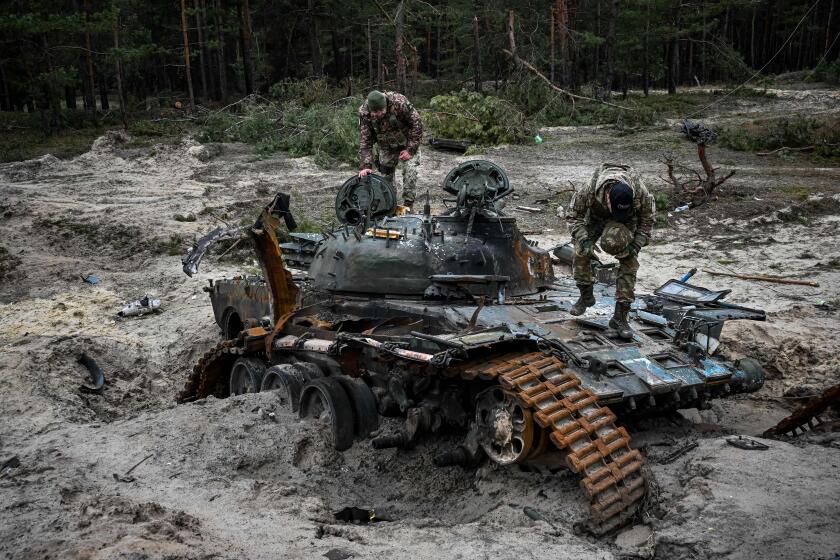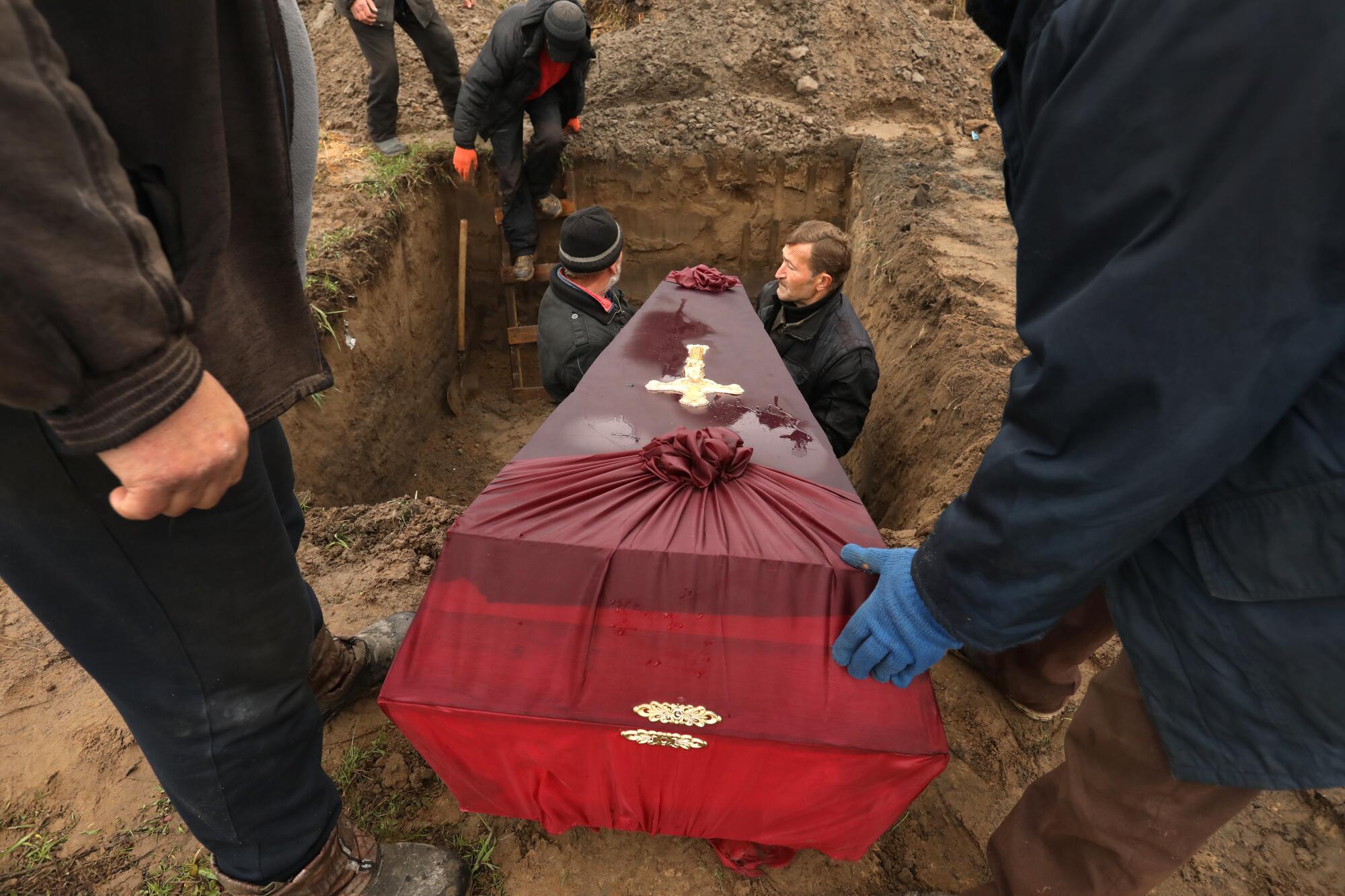
BUCHA, Ukraine — The shops are full again. Bullet holes have been plastered over, and roadbeds torn by tank treads repaired. The dead now rest in lovingly tended graves.
But a year after this once-bucolic suburb of Kyiv became a watchword for gruesome wartime atrocities, scars remain, and the path toward achieving any kind of accountability, even years from now, remains strewn with obstacles.
While under Russian occupation in the early days of the war, the town of Bucha was the scene of what rights groups and investigators describe as a systematic campaign of killings and torture of Ukrainian civilians.
Like jagged rocks exposed by a retreating tide, the full horrors emerged as Russian forces pulled back: bodies left behind on streets and sidewalks, in kitchens and cellars, in back gardens and communal burial sites. Corpses with their hands bound, or bearing wounds and broken bones, or telling a silent, grim story of point-blank execution.
In all, close to 500 people died in Bucha. Even now, a full year later, another body turns up from time to time in the vicinity, unearthed from a forlorn grave or recovered from a storm drain.
“Sometimes it feels as if the air itself is poisoned,” said Mariia Zhozefina, a 72-year-old Bucha pensioner, raising her voice over the roar of a nearby generator and leaning heavily on the handle of a shopping cart. “And we go on breathing it every day.”
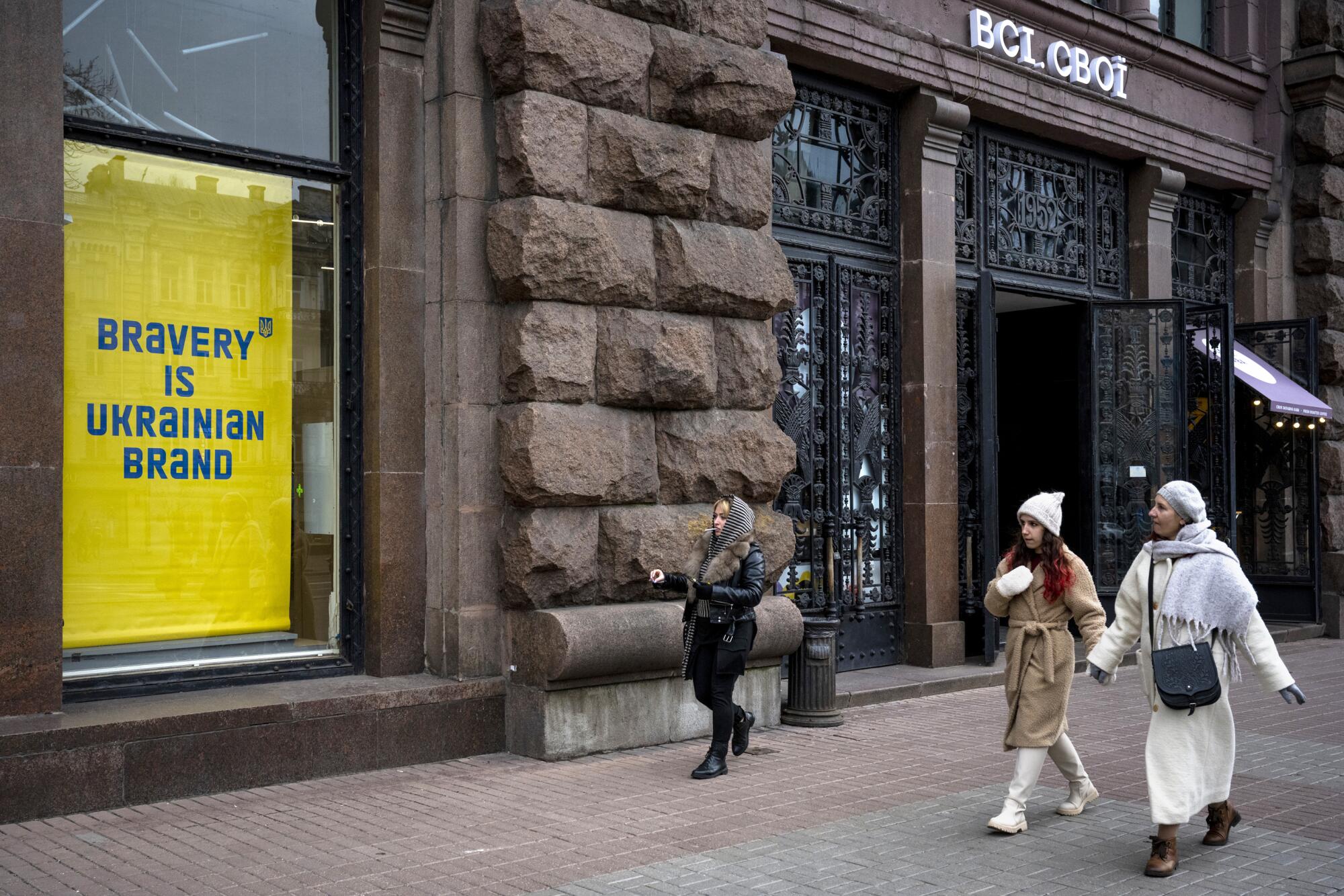
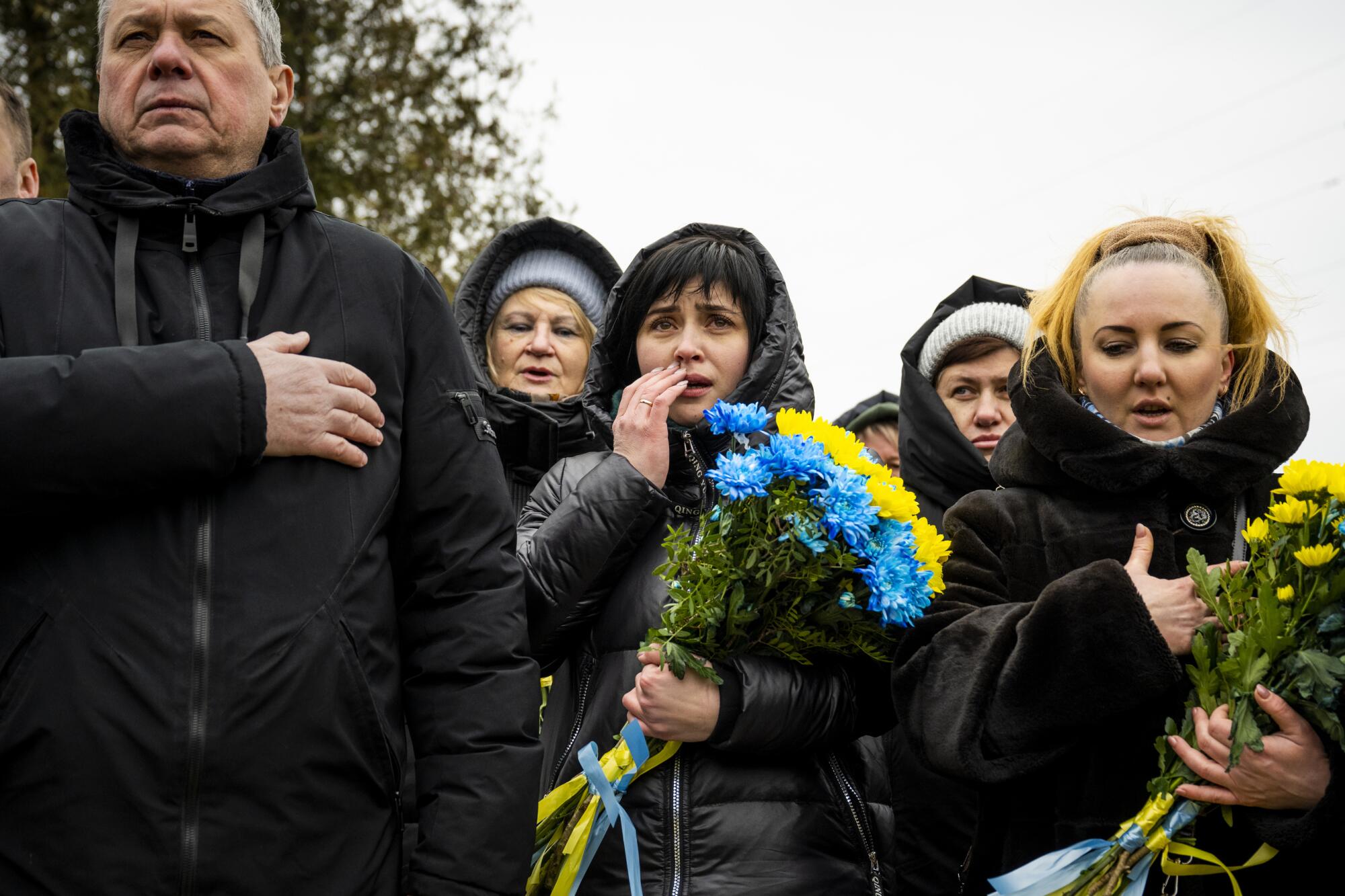
As deaths and damage mount across Ukraine, Bucha has become a war-crimes template of sorts: a place of pilgrimage for visiting foreign dignitaries, ground zero for investigative scaffolding, a crucible of doubts and hopes over whether meaningful prosecutions will occur.
On Friday, the International Criminal Court in The Hague issued arrest warrants for Russian President Vladimir Putin as well as Maria Lvova-Belova, Russia’s commissioner for children’s rights, for their suspected involvement in the abductions of children from Ukraine. But Russia does not recognize the jurisdiction of the court, and there is little chance it would hand over suspects for trial.
Ukraine has also called for the creation of a special United Nations tribunal, akin to ad hoc bodies set up to address war crimes in the former Yugoslavia and elsewhere. But such a move would require either approval by the Security Council, where Russia wields veto power, or a majority vote in the General Assembly, which Moscow could seek to stymie.
Outside tribunals could issue convictions in absentia, which could land perpetrators on international watchlists that would make travel outside Russia difficult if not impossible — a result far short of what victims and rights groups would consider commensurate with the gravest of crimes.
A U.N.-backed inquiry released Thursday said attacks against civilians in Ukraine amounted to war crimes, and possible crimes against humanity.
“We must break this circle of impunity,” said Oleksandra Matviichuk, director of the Center for Civil Liberties, a Ukrainian rights group that last year shared the Nobel Peace Prize. “We will never have sustained peace without justice.”
The Ukrainian legal system is envisioned as a major mechanism for addressing individual atrocities by Russian soldiers. Authorities say the number of suspected war crimes nationwide exceeds 71,000, some with multiple victims. But fewer than 100 indictments have been issued, with about a third of those cases resulting in convictions, most in absentia.
The Ukrainian military’s surrender hotline, dubbed ‘I Want to Live,’ is enticing some Russian soldiers to quit the battlefield as the war drags on.
Looking beyond foot soldiers, Ukrainian prosecutors are keeping detailed dossiers on more than 600 high-level Russian suspects, including military commanders and political officials believed to have been the architects of atrocities in Bucha, the southern city of Mariupol and elsewhere.
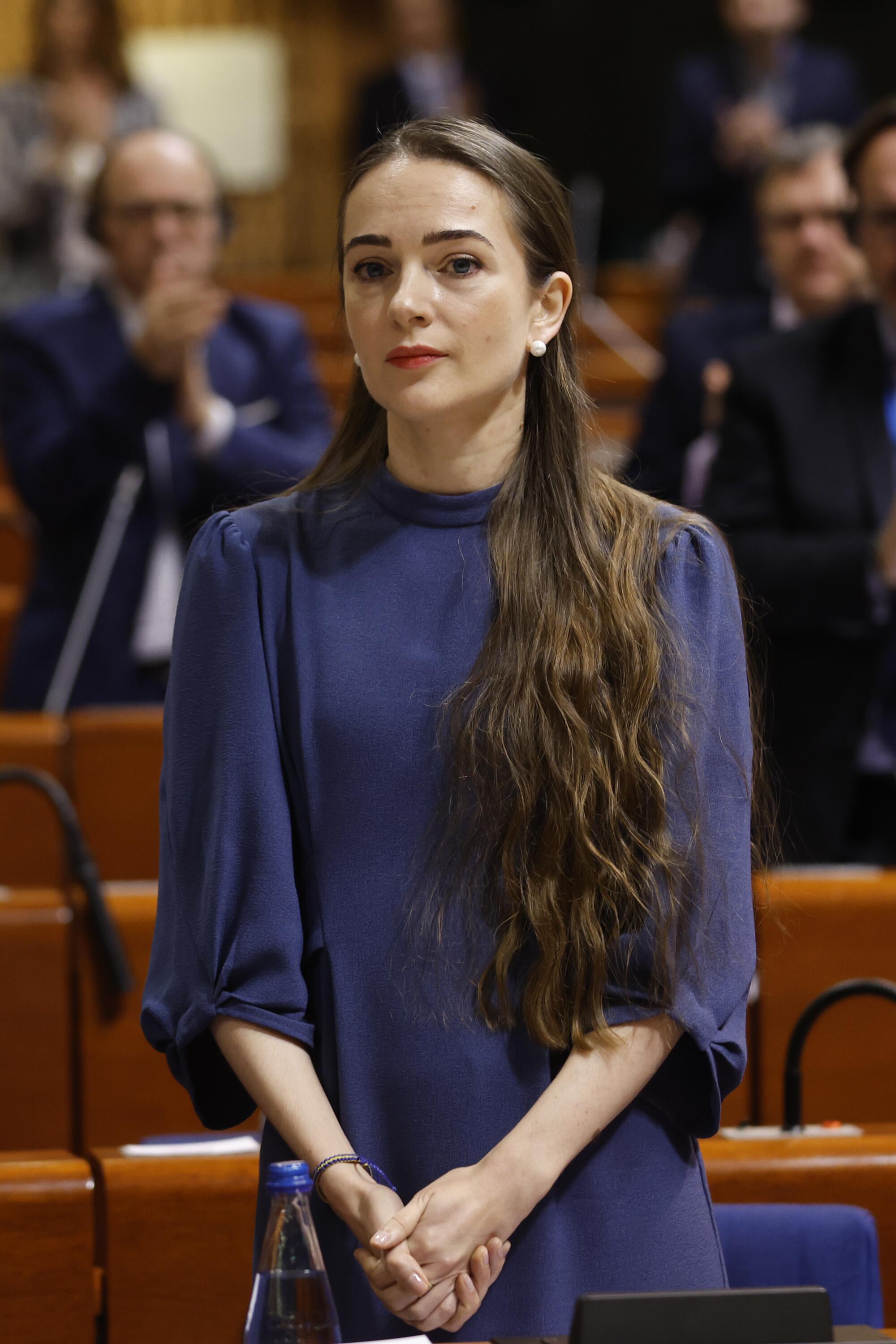
Western leaders, including President Biden, have repeatedly insisted that Putin will answer personally for this war. The latest such affirmation came from Finnish Prime Minister Sanna Marin, who said during a news conference in Kyiv last week that the Russian leader would be held accountable for the little-tested crime of aggression, which includes warfare against a sovereign nation.
“Putin knows he will have to answer for his crime of aggression,” Marin said. “The future tribunal must bring justice efficiently and answer Ukrainians’ rightful demands.”
In the early days of war, many inside and outside Ukraine had believed, or tried to believe, that it would be a conflict primarily fought by armies on the battlefield — that civilians, as ever in warfare, would be imperiled, but not deliberately targeted.
Bucha changed all that. It was among the first communities to fall under Russian occupation after last February’s full-scale invasion — and one of the first to be liberated when Moscow’s forces broke off an ill-fated monthlong attempt to seize the capital.
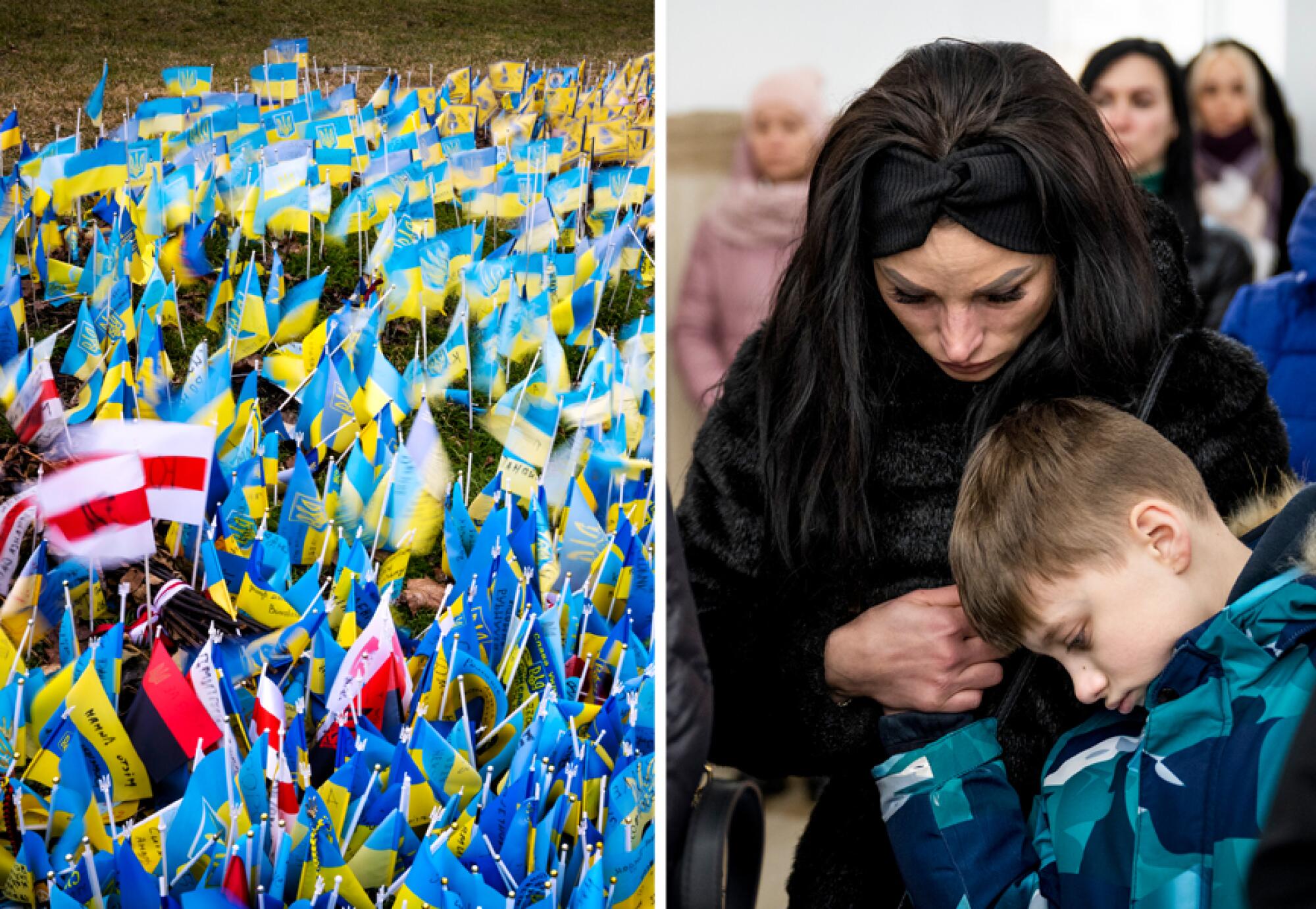
President Volodymyr Zelensky singled out its suffering when, at a news conference last month marking the first anniversary of the invasion, he was asked what had been the single worst moment for him.
“Bucha,” he said, looking drawn. “We learned that the devil isn’t somewhere underground — he walked among us.”
The town’s population — about 37,000 before the invasion — has fluctuated along with the fortunes of war. More than half fled before the Russians took over; many came back once Bucha was liberated. But heading into this winter, fearing blackouts as a result of Russian bombing of Ukraine’s infrastructure, authorities urged people in the Kyiv region to stay away if they could find shelter elsewhere — either inside or outside the country.
Investigations of some alleged crimes that occurred in the vicinity of the capital a full year ago are only now gathering legal momentum. The Reuters news agency reported Tuesday that Ukrainian authorities have accused a group of Russian soldiers of crimes last March in the Brovary district near Kyiv, including the sexual assault of a 4-year-old girl and the gang rape of her mother.
The number of suspected war crimes nationwide has continued to climb as investigators in recent months have been able to reach previously Russian-occupied areas retaken by Ukrainian forces — cities such as Kherson in the south, where civilians told of torture and imprisonment during eight long months of occupation, and Izyum in the east, where retreating Russians left behind a forest of graves outside the city.
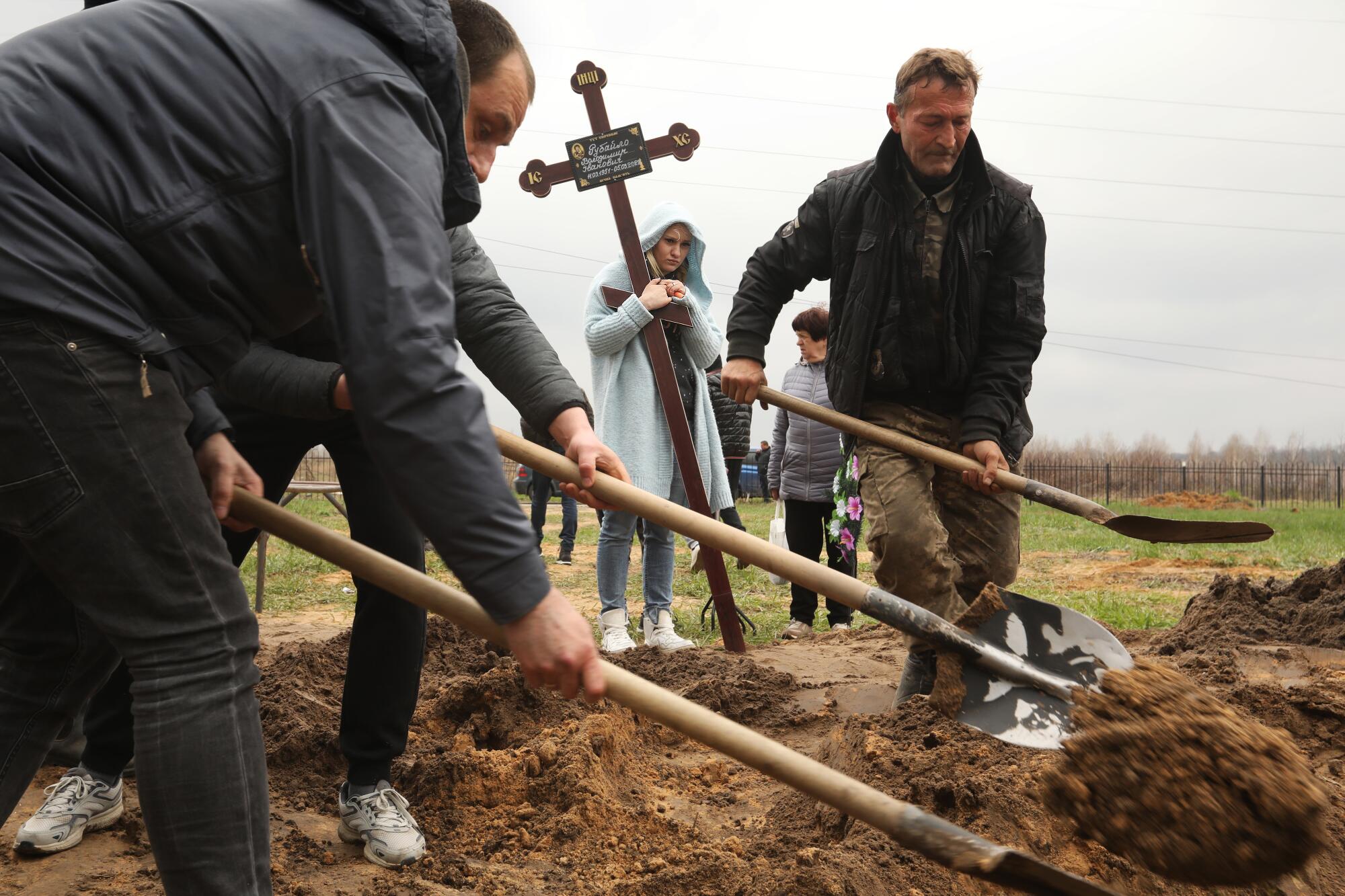
Almost daily, new evidence of potential war crimes pings across social media inside Ukraine and around the world, including a grisly video clip that surfaced this month of an unarmed Ukrainian soldier being executed by Russian-speaking captors.
Standing in what appears to be a shallow grave, the doomed man, identified as a 42-year-old sniper named Oleksandr Matsiyevsky, is seen blowing out a stream of cigarette smoke before declaring “Glory to Ukraine” — a near-constant wartime refrain — and then being riddled with bullets.
March also saw a resumption, after a hiatus of nearly a month, of mass airborne attacks targeting Ukraine’s civilian energy infrastructure — a potential war crime. On March 9, Russian forces fired dozens of missiles and drones at major cities including Kyiv, killing at least nine civilians. At least half a dozen of the missiles fired were hypersonic weapons known as Kinzhals — “daggers” — that fly at five times the speed of sound and cannot be countered with the air defenses Ukraine currently possesses.
The Kremlin repeated its standard claim that the targets were military installations and facilities — a contention scoffed at by the government in Kyiv.
“No military objective, just Russian barbarism,” Foreign Minister Dmytro Kuleba wrote on Twitter hours after the barrages. “The day will come when Putin and his associates are held accountable by a special tribunal.”
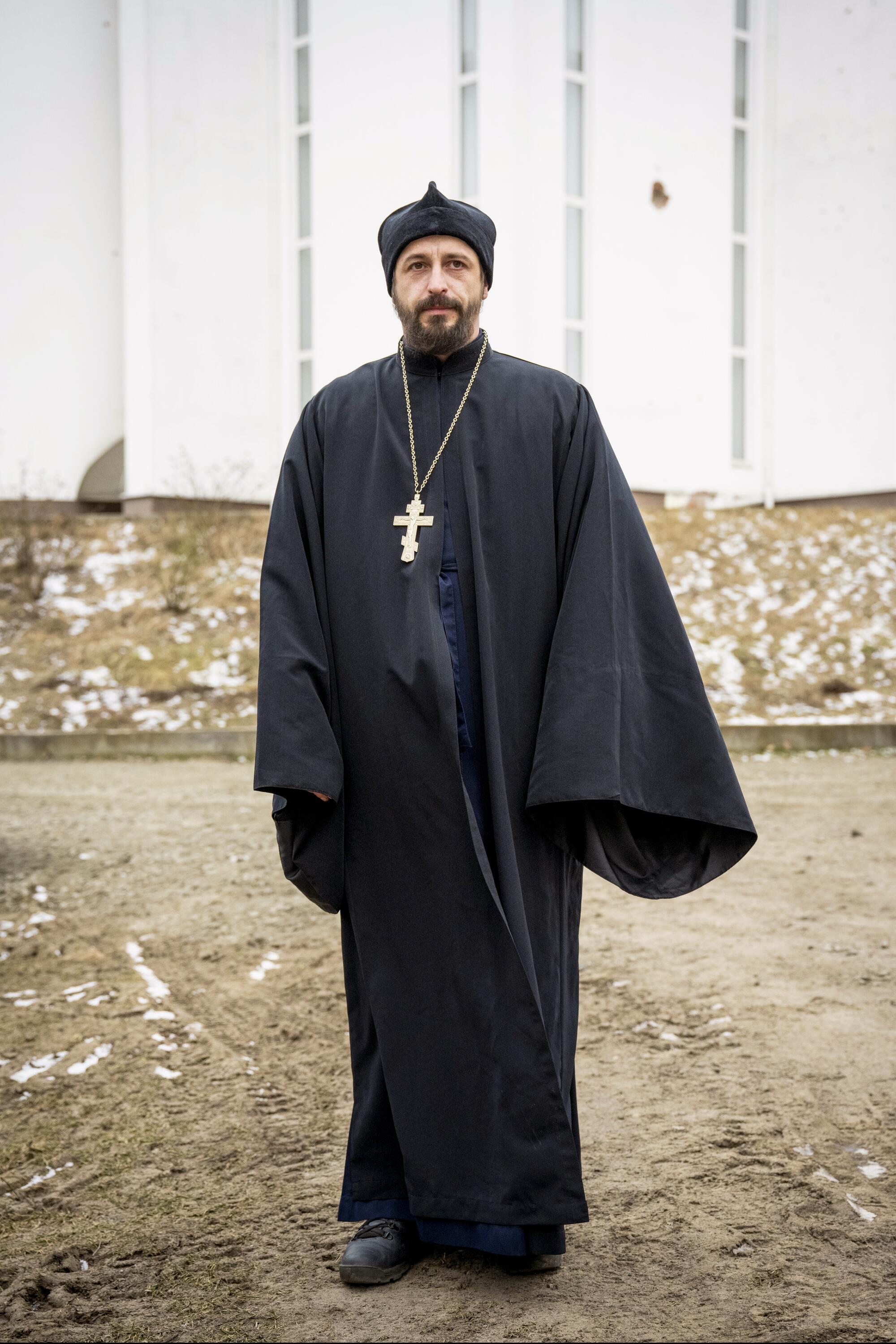
Ukrainian officials say acts specifically targeting noncombatants — killings, sexual violence, abduction of children to Russia — are essentially revenge for Moscow’s battlefield failures, dating back to the war’s earliest days.
In the second year of a war that Kremlin planners had envisioned as a short, decisive march to victory, the civilian toll is expected to mount along with Russian frustration.
“The occupiers can only terrorize civilians,” Zelensky said in a recent nightly address to the country. “That’s all they can do.”
Last month in Bucha, as mourners marked the first anniversary of the invasion, Orthodox priest Oleksandr Pronyk said that in the aftermath of the area’s occupation, even the most fervent among his flock struggled to find signs of a divine presence watching over them.
On the wind-whipped grounds of St. Andrew’s church, where a communal grave containing dozens of bodies was found a year ago, Pronyk, whose parish is in the nearby village of Lubyanka, said he in turn had grappled with the notion that he could offer parishioners any true consolation.
“No one can come to terms with what happened here; no one can accept it,” he said. “All anyone can do is try to find their own path to God’s grace and mercy.”
More to Read
Sign up for Essential California
The most important California stories and recommendations in your inbox every morning.
You may occasionally receive promotional content from the Los Angeles Times.
